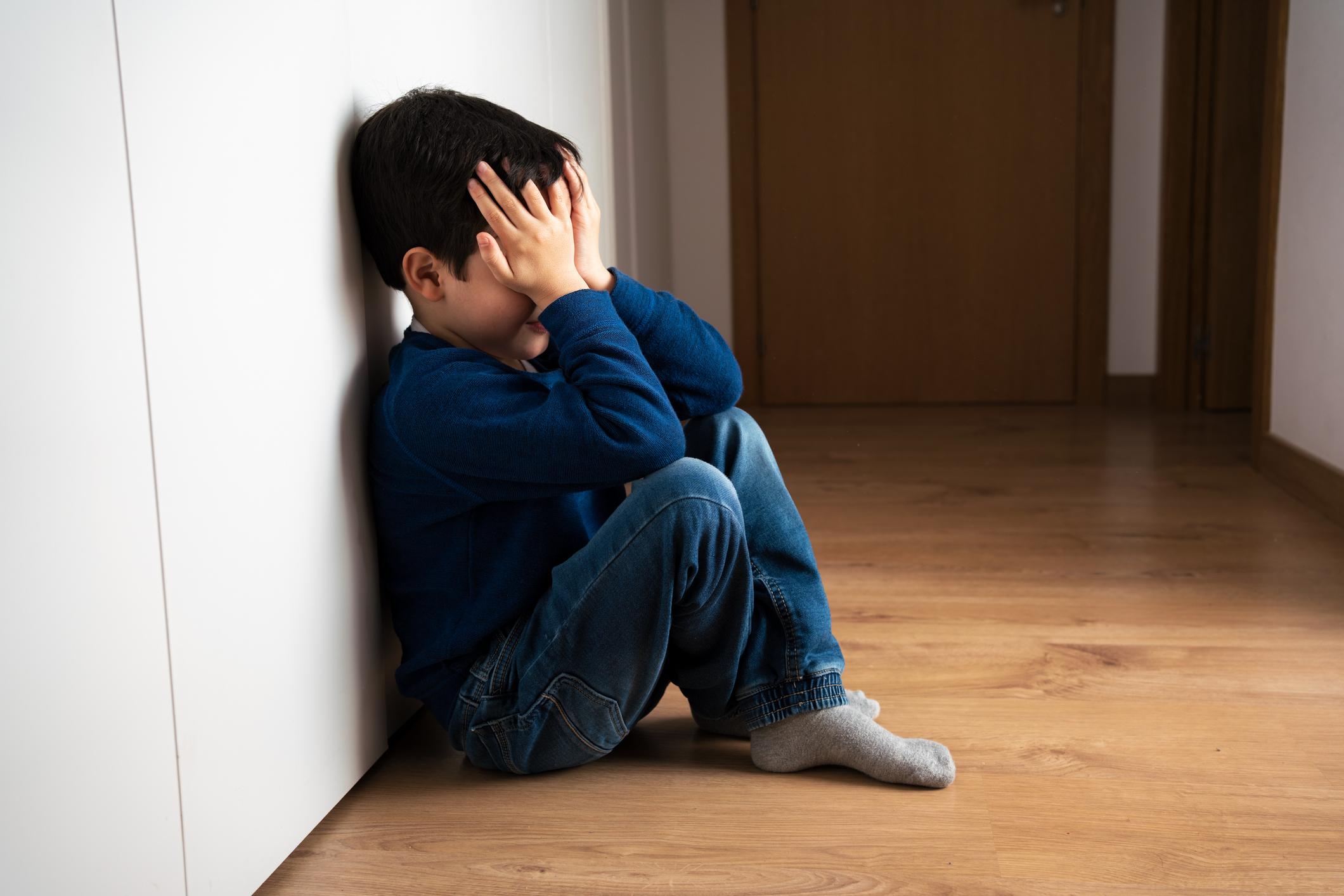Several factors, including the chronology and type of traumatic experiences, could favor the emergence of mental health problems in children.

- Experiencing traumatic events at a young age has an impact on children’s mental health.
- Stressful events experienced during the first years of life have been associated with significant internalizing symptoms (anxiety, social withdrawal) in little girls.
- The type of traumatic experience also influences the appearance of externalizing and internalizing symptoms in children.
The chronology and type of traumatic events as well as family resilience, in other words the ability of a family to regain or maintain efficient functionality to escape from the upsetting experience, could have an impact on the mental health of young children, according to a recent study.
A link between traumatic events and internalizing symptoms in little girls
For the purposes of this research published in the journal Communications Psychologyscientists from Boston Children’s Hospital (United States) recruited 456 parents. The latter had to fill out questionnaires on different moments in their children’s lives, in particular when they were babies or when they were two, three, five and seven years old. These questionnaires aimed to collect information on the stressful and traumatic events experienced by the children, on the resilience of the family as well as on the symptoms that they may present.
Researchers have mainly been interested in the effects of stressful events on two types of psychopathological experiences: internalizing and externalizing symptoms. Internalizing symptoms may result in anxiety, social withdrawal or psychosomatic pain. In this context, the person’s distress and emotions are directed inward. As for externalizing manifestations, they are characterized by dysfunctional behaviors directed outward, such as aggressiveness, impulsivity, hyperactivity and contempt for authority.
According to initial findings, stressful events experienced at the age of one to two years, and from two to three years old, predicted internalizing symptoms only in little girls. Among the little boys who participated in the study, no association between stressful events experienced during the first years of life and internalizing symptoms was identified.

The positive effects of family resilience on internalizing symptoms
“For externalizing symptoms at three years, each time point assessed was significantly associated with a greater number of symptoms in both sexes (…) At five years, both internalizing and externalizing symptoms were associated with greater number of stressful events at each time point and for all genders”wrote the study authors.
The type of traumatic experience also played a role in the occurrence of externalizing and internalizing symptoms. Indeed, exposure to interpersonal trauma was correlated with greater internalizing symptoms whereas both interpersonal and non-interpersonal traumatic experiences were associated with greater externalizing symptoms.
“Aspects of family resilience, including higher levels of family engagement, ability to cope with challenges, and sense of control, reduced the risk of internalizing symptoms, while only greater sense of control reduced the risk of externalizing symptoms at age seven, including in the context of trauma”noted the research team.
According to the authors of the study, “a better understanding of the complex relationship between stressful life events and the emergence of psychopathology in childhood” could pave the way for new, effective interventions from an early age to reduce mental health risks.
















